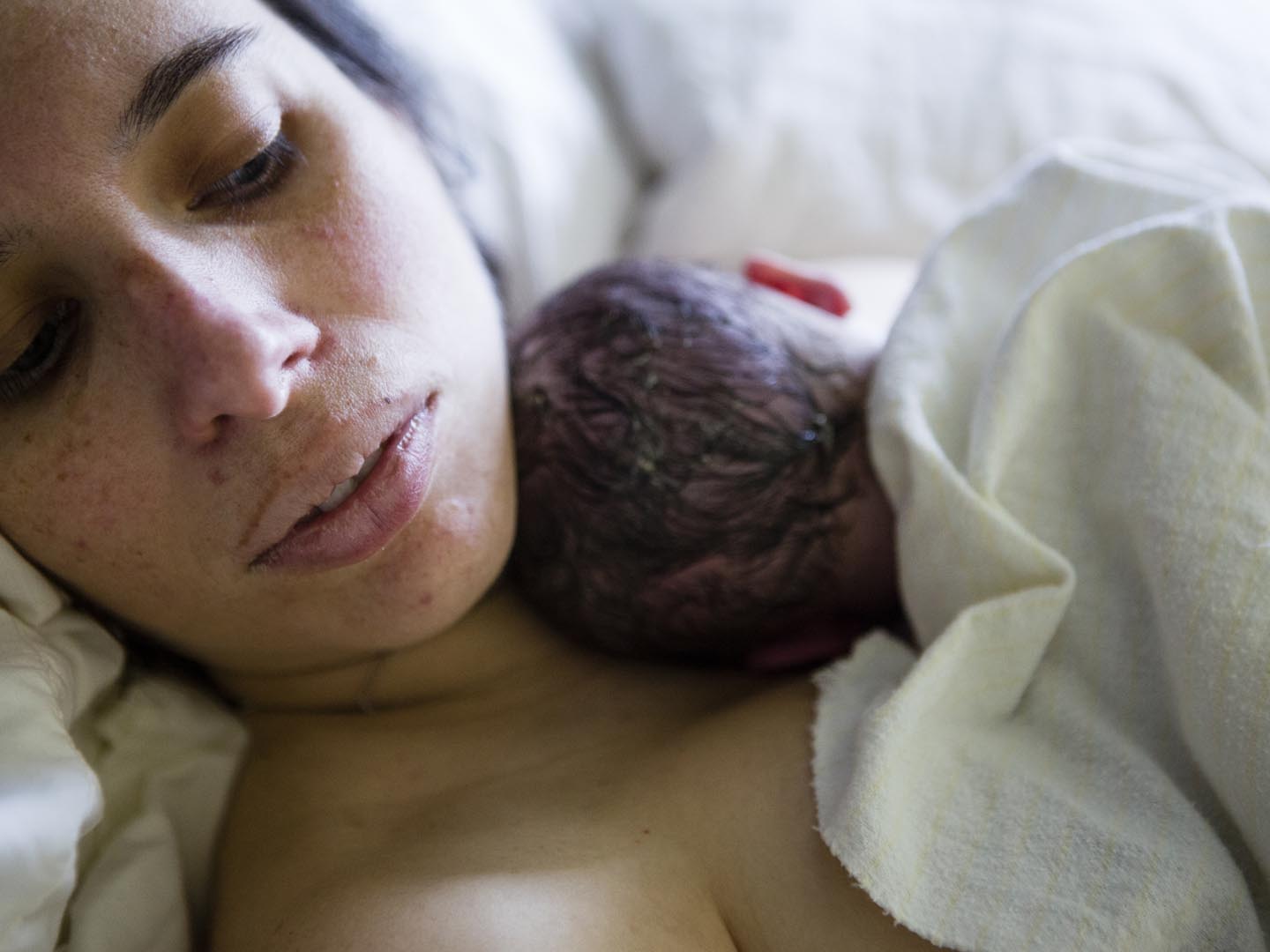Does Mother's Smoking Lead to Obese Kids?
I always thought that smoking during pregnancy could lead to low-birth-weight babies, but now I hear that when expectant women smoke, their children are actually at increased risk of obesity. Which is right?
Andrew Weil, M.D. | June 11, 2013

Both are right, and they are not the only damaging consequences of smoking during pregnancy. In the first place, women who smoke have a harder time getting pregnant. And women who continue to smoke after becoming pregnant risk damaging their babies’ developing organs by exposing them to nicotine, carbon monoxide and tar, which can reduce the amount of oxygen the growing baby gets. Smoking is also associated with premature birth, birth defects, low birth weight and reduced height and head circumference. Prematurity and low birth weight carry higher risks of cerebral palsy, learning problems, intellectual disabilities and, rarely, early death.
On top of that, there is little doubt that when mothers smoke during pregnancy, their children have a 50 percent higher risk of childhood obesity, according to a review from Harvard of 14 studies of this subject. Most of the investigations focused on kids between the ages of three to seven, but one assessed obesity status at age 14 and another followed the kids to young adulthood. This last study was published in the International Journal of Obesity in February, 2008.
So far, we don’t know why the underweight babies of smoking mothers have a higher than normal risk of growing into chubby kids and obese teens, but a study from Canada published in 2012 suggested an explanation. Researchers in Quebec recruited 378 teens and grouped them on the basis of those whose mothers smoked more than one cigarette a day during pregnancy and those whose mothers didn’t smoke at all for a year before becoming pregnant and during pregnancy. The teens whose mothers smoked during pregnancy weighed less at birth and were breastfed for a shorter period of time, the researchers found. They also reported that the teens whose mothers smoked during pregnancy grew into a slightly higher body weight and body mass index, even after the investigators adjusted for age, sex, and height. The difference remained significant after adjustments for lower birth weight, shorter duration [or lack of] breastfeeding, and lower socioeconomic status.
Possibly, “subtle structural variations in the brain” in kids whose mothers smoked during pregnancy created a preference for calorie-dense foods. The researchers also found on MRIs that the teens exposed to smoking before birth had “significantly lower volume of the amygdala” (the part of the brain that processes emotions and stores memories); the lower the volume of this brain structure, the greater the consumption of fat. The study was published online on September 3, 2012 by the Archives of General Psychiatry.
Andrew Weil, M.D.










